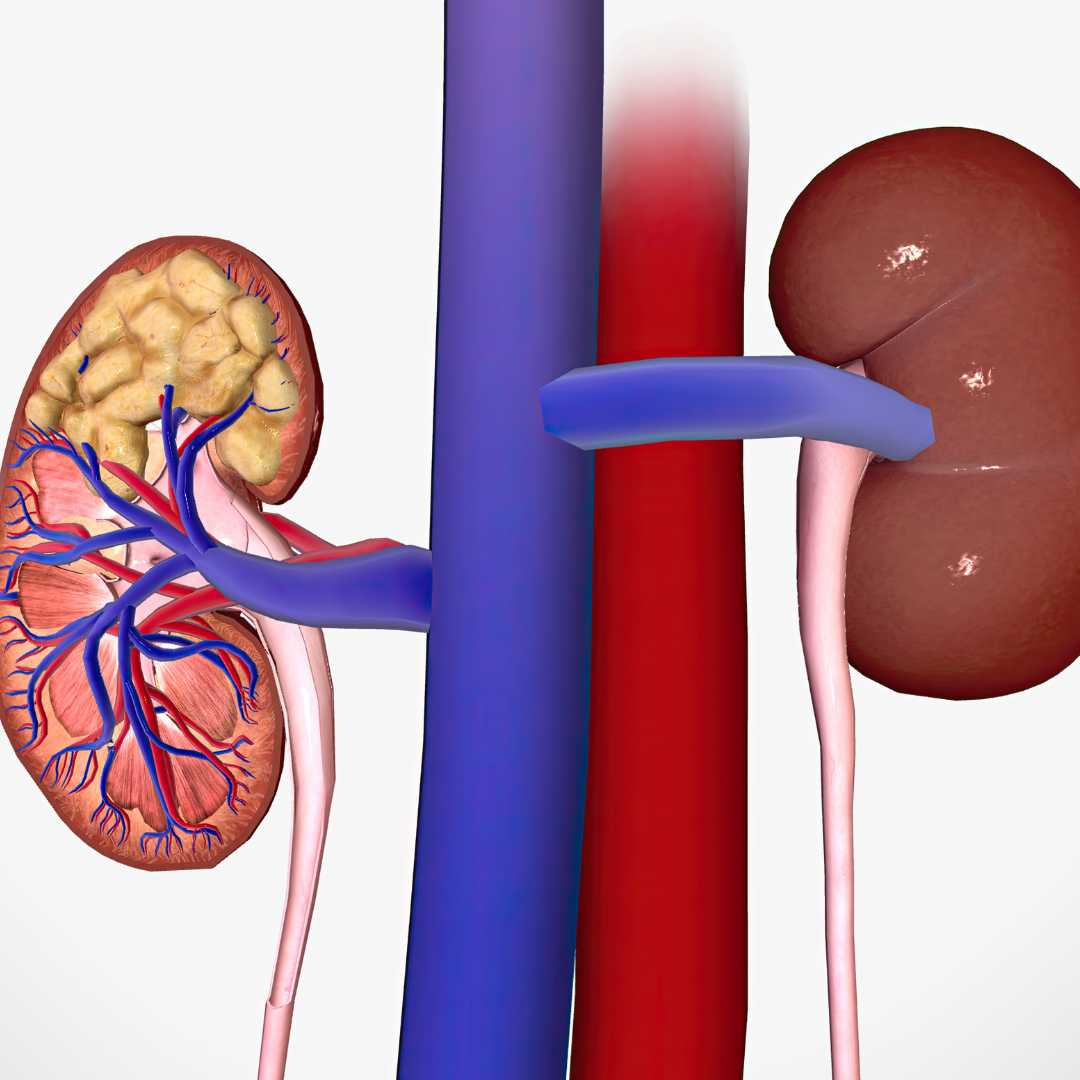Organ Transplant


Organ Transplant Treatment Abroad
Organ transplants are fairly common these days, but it wasn't so long ago (1960s) that most transplant patients had very poor chances of survival. Today however, thanks to medical discoveries, drugs and experience, organ transplant patients have a much higher survival rate, thanks to drugs like cyclosporine, which help to reduce rejection and infection. Today, transplants of many major organs, as well as anatomical parts like hands and jaws are almost commonplace. Scientific research and development offers today’s transplant candidates and recipients greater than average survival rates for heart, liver, lung and other vital organ transplants. Even so, researchers are looking into new drugs and treatments (including adult stem cell) to help further reduce chances of rejection and increase survival rates for transplant recipients.
Common Types of Organ Transplants
-
Allograft – organ transplanted from a non-relative of the same species
-
Autograft – tissue taken from the individual to be used elsewhere in the body
-
Isograft – organ or tissues taken from an identical twin
-
Split Transplants – a specific organ or tissue donation from a deceased donor is transplanted into two recipients
-
Xenograft (aka Xenotransplantation) – transplant of organ or tissue from one species into another (i.e. porcine heart valves)
Depending on the anatomical site and organ or tissue structure to be transplanted, doctors and surgeons must find suitable donors. Blood type matching and in cases like kidney transplants, tissue type must also be matched, an essential process that helps reduce chances of rejection of the donor’s organ or tissue in the recipient. Some of the most commonly performed organ transplant procedure today include but are not limited to:
-
Heart
-
Liver
-
Lungs
-
Kidneys
-
Pancreas
-
Intestine
Other musculoskeletal tissues that are often transplanted include:
-
Skin
-
Bones
-
Cornea
-
Heart valves
-
Veins
-
Tendons
Needs Exceed Availability
Unfortunately, the need for donated organs far exceeds the availability of such organs, not only in the United States, but also around the world. Still a controversial topic in many countries and religions, organ transplants nevertheless offer many individuals a second chance at life.
Only about half the individuals who die each year in accidents or natural death have designated themselves as organ donors, which make it difficult to offer hundreds of thousands of individuals on organ donor waiting lists for vital organs such as hearts, livers and lungs. In the United States alone exist nearly 60 organ procurement organizations, and just over 260 transplant centers. Following are some interesting, and alarming quick facts about organ donation and transplantation:
-
Nearly 4,000 individuals are added to waiting lists each month
-
Thousands of patients die every year while waiting for a transplant
-
Individuals from newborn to 65 years of age may benefit from an organ transplant
-
Organ transplants are based on urgency, blood type and body similarity
The National Organ Procurement and Transplantation Network (OPTN) is a computer registry that tracks individuals who need transplants as well as potential donors registered in hospitals throughout the U.S. The wishes of nearly 35% of individuals who have chosen to participate in organ donation don’t have their last wishes fulfilled because family members unaware of the individual’s wishes refuse to donate at the time of death. (Individuals who have opted to be donors when registering for driver’s licenses or upon admission to hospitals should always notify family of their choice so their wishes can be honored.)
In the U.S. there are over 100,000 people currently estimated to be waiting for a suitable donor for various organs, including a staggering 75,000 or more waiting for kidney transplants alone. Unfortunately, the number of donors available was an estimated 10,000 in number.

How Much Does Organ Transplantation Cost?
Even if a person may be fortunate enough to find a donor for a needed transplant, the costs of such surgeries often prevent individuals from going through with the operation. Take a look at costs in the U.S. for major organ transplantation surgeries – costs include the organ procurement costs, hospital stay, physician, evaluations, Follow-up and drugs to reduce rejection:
-
Heart - $65,000 in India
-
Liver – $41,700 in India
-
Kidney - $12,000 (per kidney) in India, $30,000 in Turkey
-
Lung - $45,000 (single) in India
Facilities are modern and high-tech, and surgeons are highly trained and experienced and accredited in their home country or by the International Joint Commission.
Who Performs Organ Transplants?
Surgeons who have completed general surgery requirements and training are eligible for organ transplant training and education. Accredited and certified surgeons should belong to the American Society of Transplant Surgeons in the U.S. or other similar organizations or boards in the surgeon's country of origin. Always verify the education, training and experience of any surgeon who may perform surgery and make sure they are licensed to practice in the facility of your choice.
For more information about Organ Transplant Procedure Abroad, please contact us!
By: PlacidWay,








